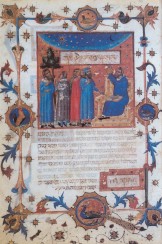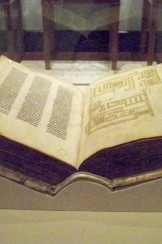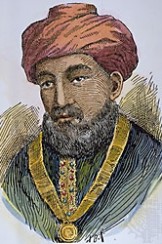“Aware of how easily governments and peoples, and with them individuals, can be brought to ruin, Maimonides held aloft, amid the chaos and turmoil of his epoch, a love of order, restraint, and moderation…If people live by reason and in harmony with nature, following ethical and religious precepts and adhering to a regimen of health, they can escape the ‘sea of chance’ as far as humanly possible.”
— Joel Kraemer




